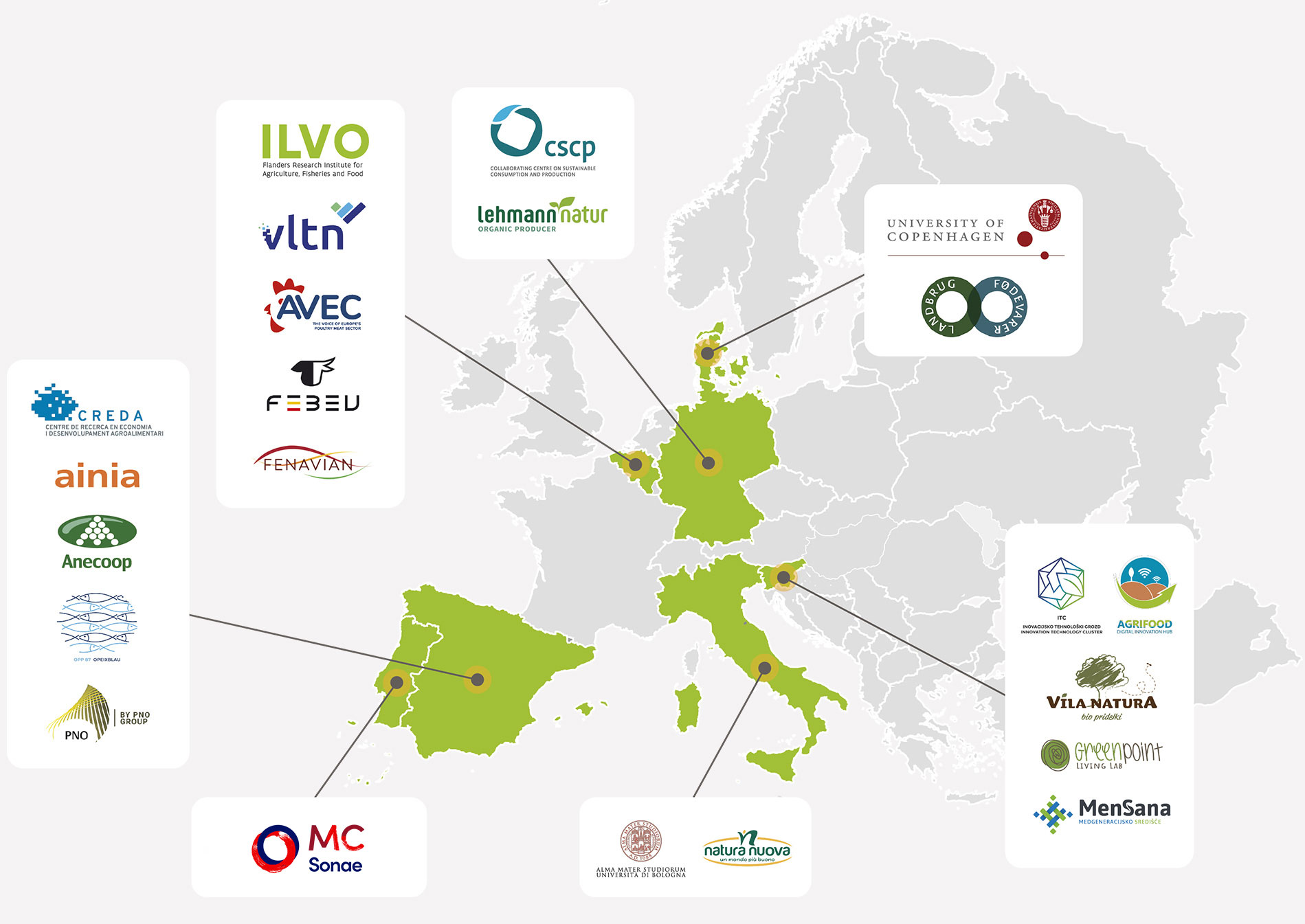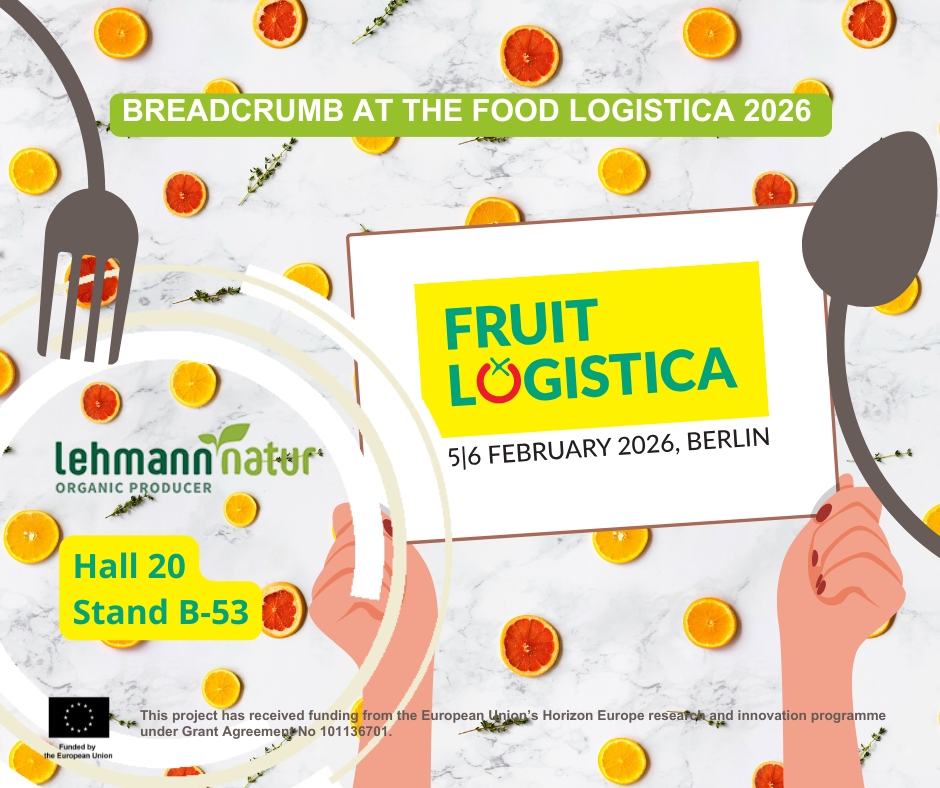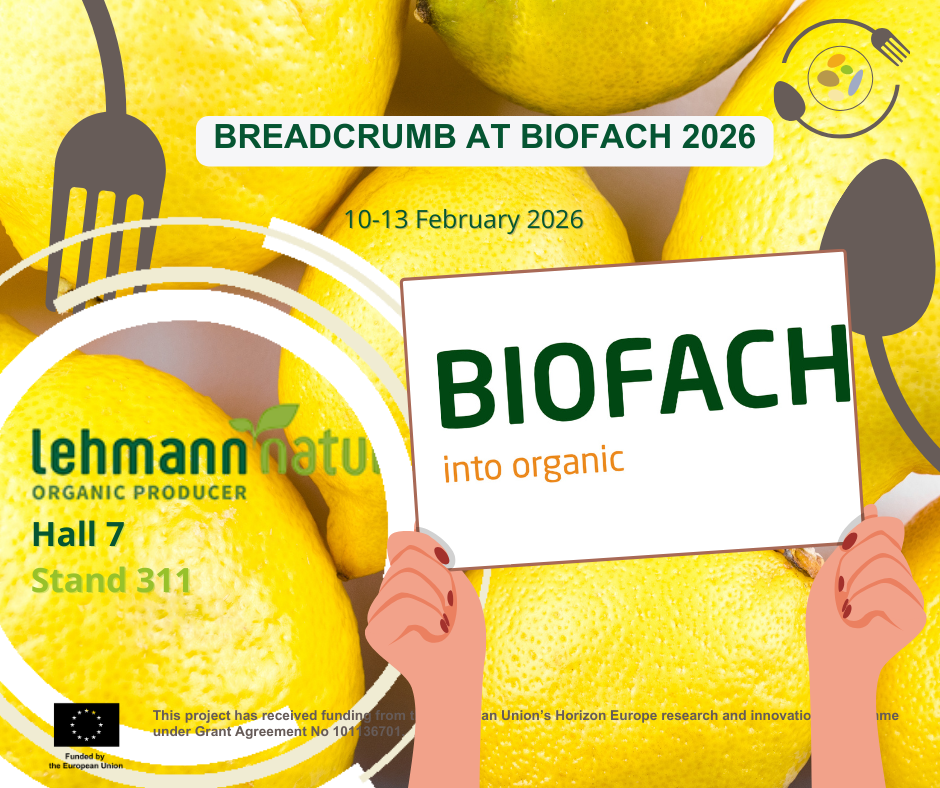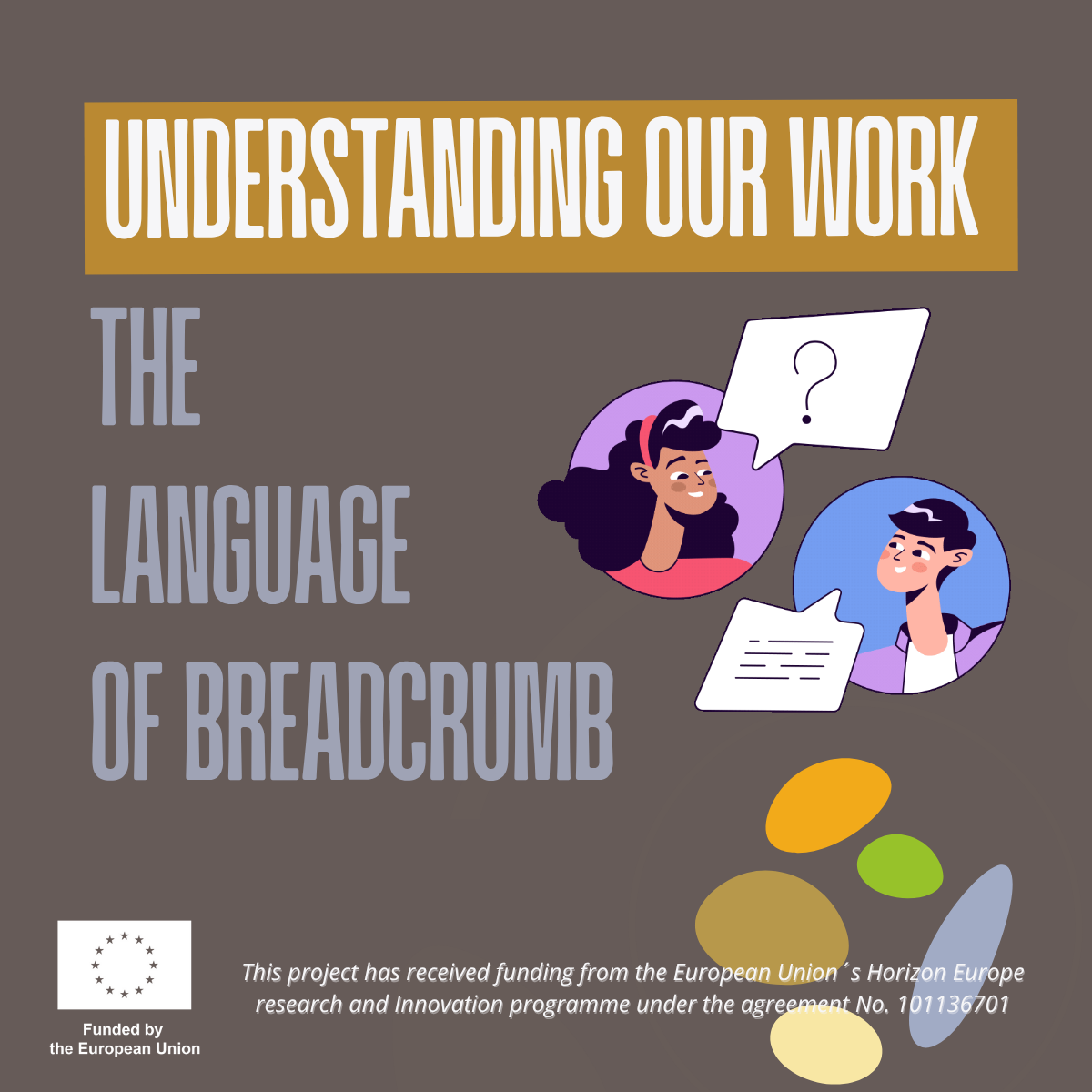The Objectives
1Create an inventory of private and interrelated public food marketing standards, and will provide an understanding of their purpose and nature.
2Create an empirical evidence base to generate estimates of FW related to marketing standards in five food commodities (fruit & vegetables, meat, eggs, cereals, fish).
3Model the underlying mechanisms through which, marketing standards lead to FW generation, and the trade-offs between the objective of preventing FW reduction and other objectives pursued by marketing standards, and will use the results to propose a re-balancing of existing standards.
4Improve market access to suboptimal foods by guiding food businesses to select appropriate marketing channels and to quantify their business value, and by fostering change in consumers’ acceptance of suboptimal foods.
5Structure the previous results into operational and policy guidance on how to prevent/reduce FW related to marketing standards.











